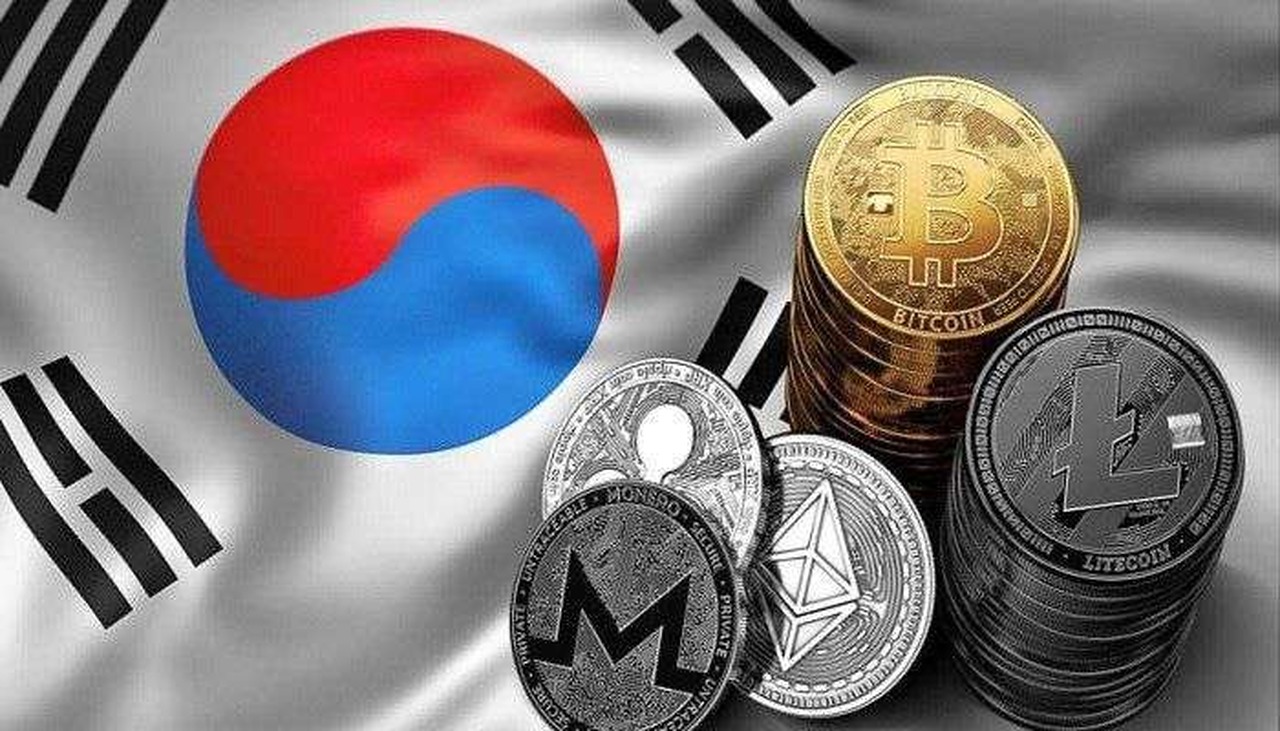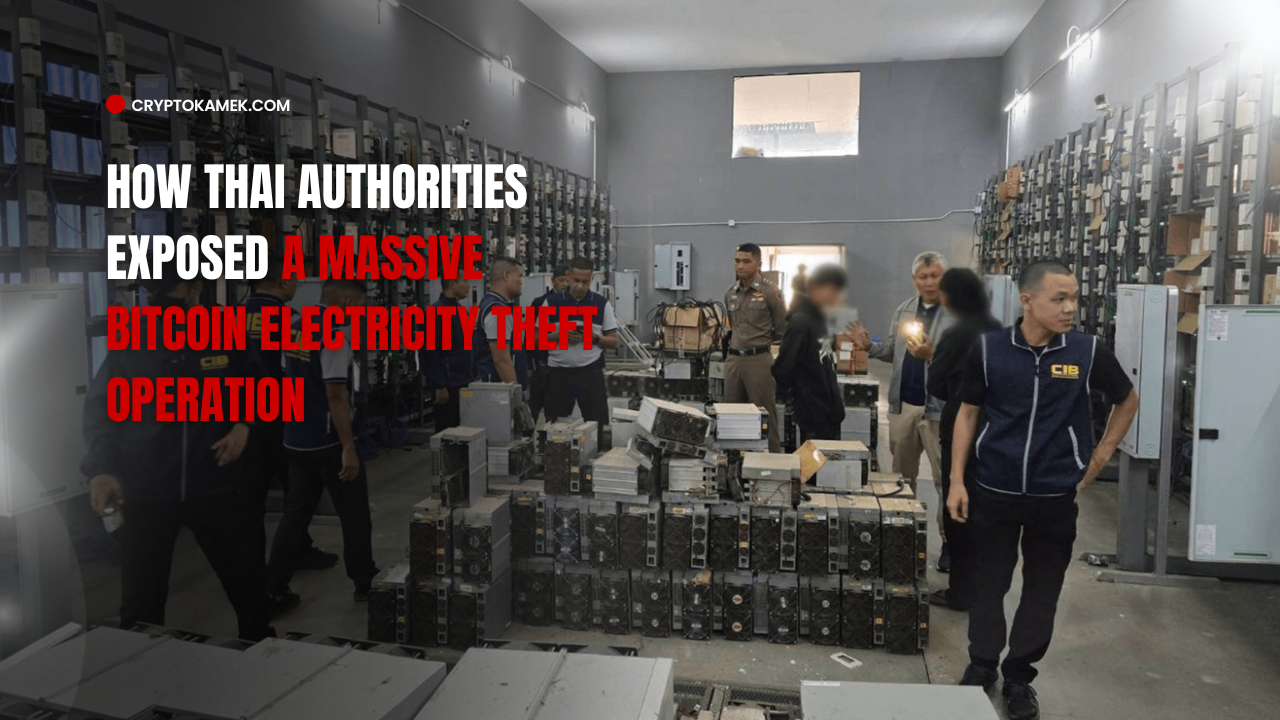

South Korea’s Crypto Trading Volume Surges to $18B
In a bold and surprising move, South Korea’s cryptocurrency market reached an incredible $18 billion in trading volume on December 2, 2024. This number doesn’t just represent a typical day in the world of crypto; it marks a historic moment where the trading volume of digital assets surpassed that of the country’s stock market by 22%. The surge has caught the attention of investors, analysts, and regulators alike, setting the stage for a new chapter in South Korea’s investment culture. But what’s driving this explosive growth, and what does it mean for the future of investing? Let’s explore the story behind this remarkable shift.
The Crypto Surge: A Look at the Numbers
On December 2, 2024, South Korea witnessed one of its highest-ever trading volumes in the cryptocurrency market. At $18 billion, the number was impressive enough on its own, but what truly turned heads was the fact that it outpaced the country’s stock market by a significant margin. The stock market, despite seeing some activity, only attracted around $385 million in foreign inflows on the same day, a stark contrast to the billions flowing into crypto. This shift underscores a growing preference among retail investors for the potential of digital assets over more traditional forms of investing.
Retail Investors Leading the Charge
A significant factor behind this surge is the enthusiasm among retail investors. Over the past few months, these individual traders have been flocking to the crypto market, drawn by the allure of high returns and the rapid price fluctuations that characterize the space. Unlike institutional investors who might prefer more stable and long-term assets, retail traders are often quicker to react to market movements, making them a driving force behind crypto’s rising popularity.
The Altcoin Frenzy: Ripple, Dogecoin, and More
While Bitcoin remains the flagship cryptocurrency, the recent surge in South Korea’s crypto market has been largely driven by a boom in altcoins. Altcoins are digital currencies other than Bitcoin, and many of them have seen skyrocketing trading volumes. Among the frontrunners is Ripple (XRP), which alone contributed over $6.3 billion to the trading volume. Other popular altcoins like Dogecoin (DOGE) and Stellar (XLM) also saw significant activity, contributing $1.6 billion and $1.3 billion respectively.
The altcoin market has been thriving in what many analysts are calling an “altseason,” where alternative cryptocurrencies are outpacing Bitcoin. As Bitcoin’s price remains relatively stable, investors are looking elsewhere for potentially higher returns. This shift in focus is a key reason behind the surge in South Korea’s crypto trading volume.
The Changing Investment Landscape
The Stock Market: A Distant Second
South Korea’s stock market, long regarded as the primary investment vehicle for individuals and institutions alike, has struggled to keep pace with the growing interest in cryptocurrencies. On the same day that crypto saw massive trading activity, the stock market only saw a fraction of the attention, with foreign investments totaling just $385 million. While stocks remain a cornerstone of the global investment landscape, this stark contrast between traditional equities and cryptocurrencies highlights a shift in investor behavior.
Investors are increasingly looking toward digital assets as an avenue for growth, seeking the rapid returns that crypto has been known to deliver. The fear of economic uncertainty, coupled with a volatile global market, may have also played a role in pushing investors to look for alternatives to traditional stock market investments.
The Role of Technological Innovation
Another factor fueling South Korea’s surge in crypto trading is the country’s deep connection with technological innovation. South Korea has long been a leader in tech, with a population that’s quick to adopt and experiment with the latest digital advancements. Blockchain technology, the backbone of cryptocurrency, is a natural fit for a country that thrives on cutting-edge solutions. The innovation surrounding crypto and blockchain is not just about currency but also about decentralized finance (DeFi) platforms, digital identity management, and more. This tech-savvy environment has created fertile ground for cryptocurrencies to flourish.
What’s Driving Crypto Adoption in South Korea?
DeFi: A New Way to Earn
Decentralized finance (DeFi) is another major catalyst in the growing popularity of cryptocurrencies. DeFi refers to a set of financial services, such as lending and borrowing, that operate on blockchain networks without traditional banks or financial institutions acting as intermediaries. The allure of being able to earn yields or access loans without relying on banks is a powerful draw for many South Koreans.
DeFi platforms have become an increasingly attractive option for those seeking higher returns on their investments. By leveraging the power of decentralized protocols, these platforms allow users to earn interest, trade assets, and engage in other financial activities—all while bypassing traditional intermediaries.
Cultural Shifts: A New Generation of Investors
Perhaps the most significant shift happening in South Korea is cultural. Younger generations, particularly millennials and Gen Z, are embracing digital assets as part of their investment portfolios. These tech-savvy individuals view cryptocurrencies as a legitimate and modern investment choice, one that aligns with their lifestyle and values. This is not just a trend; it represents a profound change in how people view money, savings, and investment.
For younger investors, cryptocurrencies are more than just a way to make a quick profit—they represent a new financial system, one that is decentralized, borderless, and driven by technology. This cultural shift is helping cryptocurrencies gain acceptance as a mainstream investment vehicle.
What’s Next for South Korea’s Crypto Market?
Increased Regulatory Scrutiny
As South Korea’s crypto market continues to grow, it’s likely that regulators will take a closer look at the space. With significant increases in trading volumes comes the need for better investor protection and market stability. Regulatory authorities in South Korea will likely introduce measures to ensure that the market operates in a way that protects both individual and institutional investors.
These regulations will also address concerns related to money laundering, fraud, and market manipulation, all of which have been associated with the cryptocurrency space in the past. While regulation could bring a sense of stability and legitimacy to the market, it could also lead to new challenges for investors and crypto projects.
The Role of Institutional Investors
As retail interest in crypto grows, it’s inevitable that institutional investors will follow suit. Larger institutions, such as hedge funds, investment banks, and family offices, are starting to see cryptocurrencies as a legitimate asset class. Their entry into the market could provide a boost in terms of liquidity and credibility, helping to further mature the market.
Institutional investors are typically more conservative and tend to focus on long-term growth, so their involvement may bring a sense of stability to the crypto market. However, their presence could also bring new challenges, particularly around market volatility and the regulation of institutional crypto investments.
Continued Focus on Altcoins
One trend that seems likely to continue in South Korea’s crypto market is the dominance of altcoins. While Bitcoin remains the most well-known and widely traded cryptocurrency, altcoins are currently where much of the action is happening. Investors are flocking to alternative cryptocurrencies in search of higher returns, and the market for altcoins is showing no signs of slowing down.
This continued focus on altcoins will likely shape the direction of South Korea’s crypto market for the foreseeable future, with new altcoins emerging and established ones like Ripple, Dogecoin, and Stellar continuing to capture investor attention.
Conclusion
The recent surge in South Korea’s crypto trading volume is more than just a statistical blip—it signals a profound shift in the investment landscape. Retail investors, driven by a desire for high returns and a fascination with new technologies, are increasingly turning to cryptocurrencies. As altcoins continue to lead the charge, the market is evolving rapidly, with both opportunities and challenges on the horizon.
This shift is not only transforming South Korea’s financial ecosystem but also setting the stage for other countries to follow suit. As cryptocurrencies become an integral part of investment portfolios, understanding the dynamics of this market will be crucial for anyone looking to navigate the exciting world of digital assets. Whether you’re a retail investor or a seasoned professional, the future of investing in South Korea looks increasingly digital—and crypto is at the forefront of this revolution.
Source:
- South Korea retail crypto trading hits $18B, beating local stock market
- South Korea’s Crypto Trading Volume Hits $18B Surpassing Stock Market by 22%
- South Korea’s Crypto Trading Outpaces Stock Market By 22%, Reaches $18B In 24 Hours






